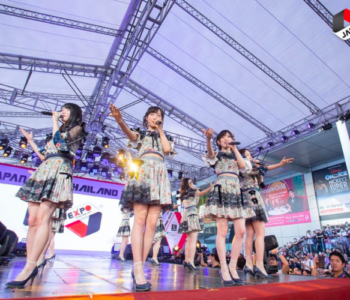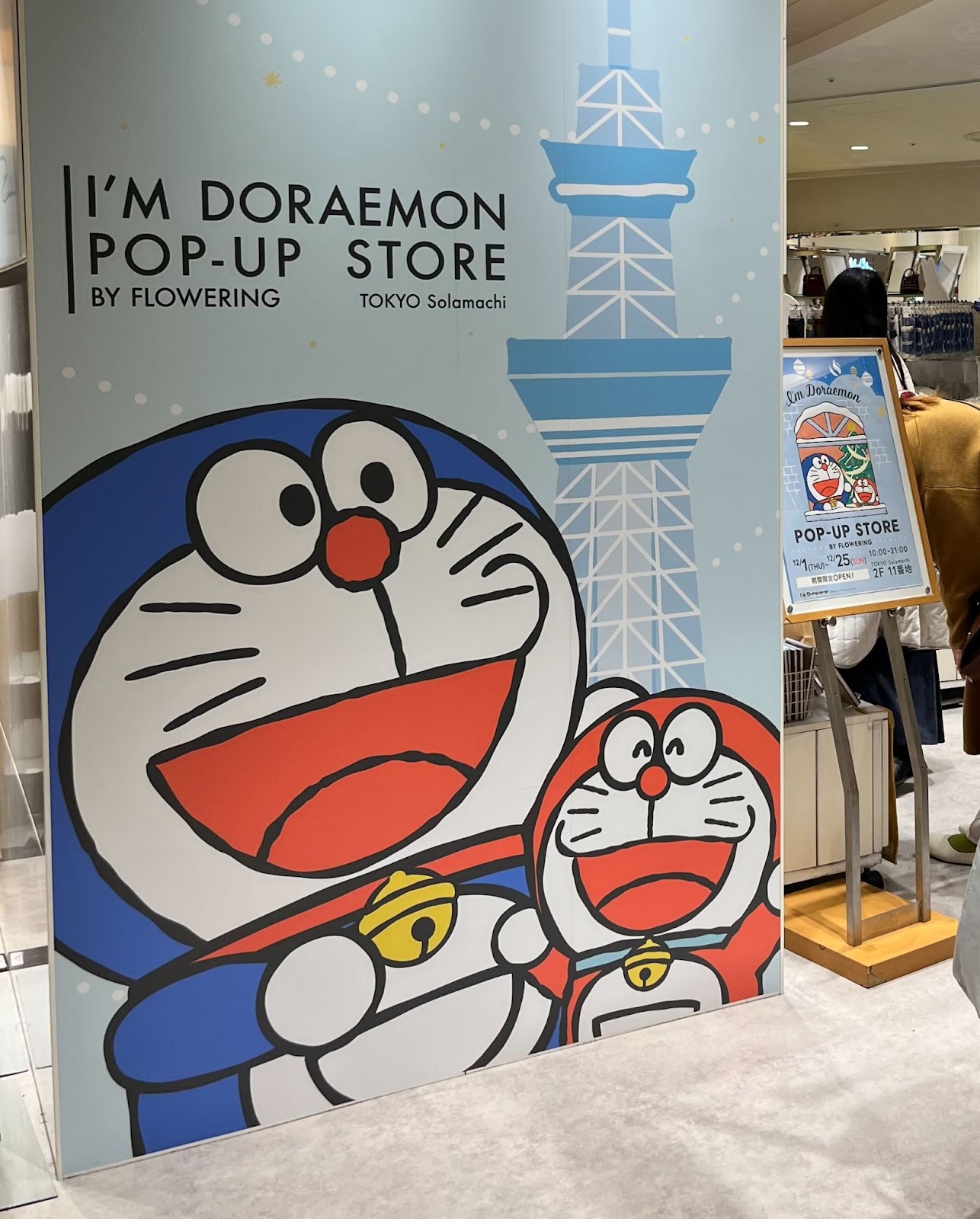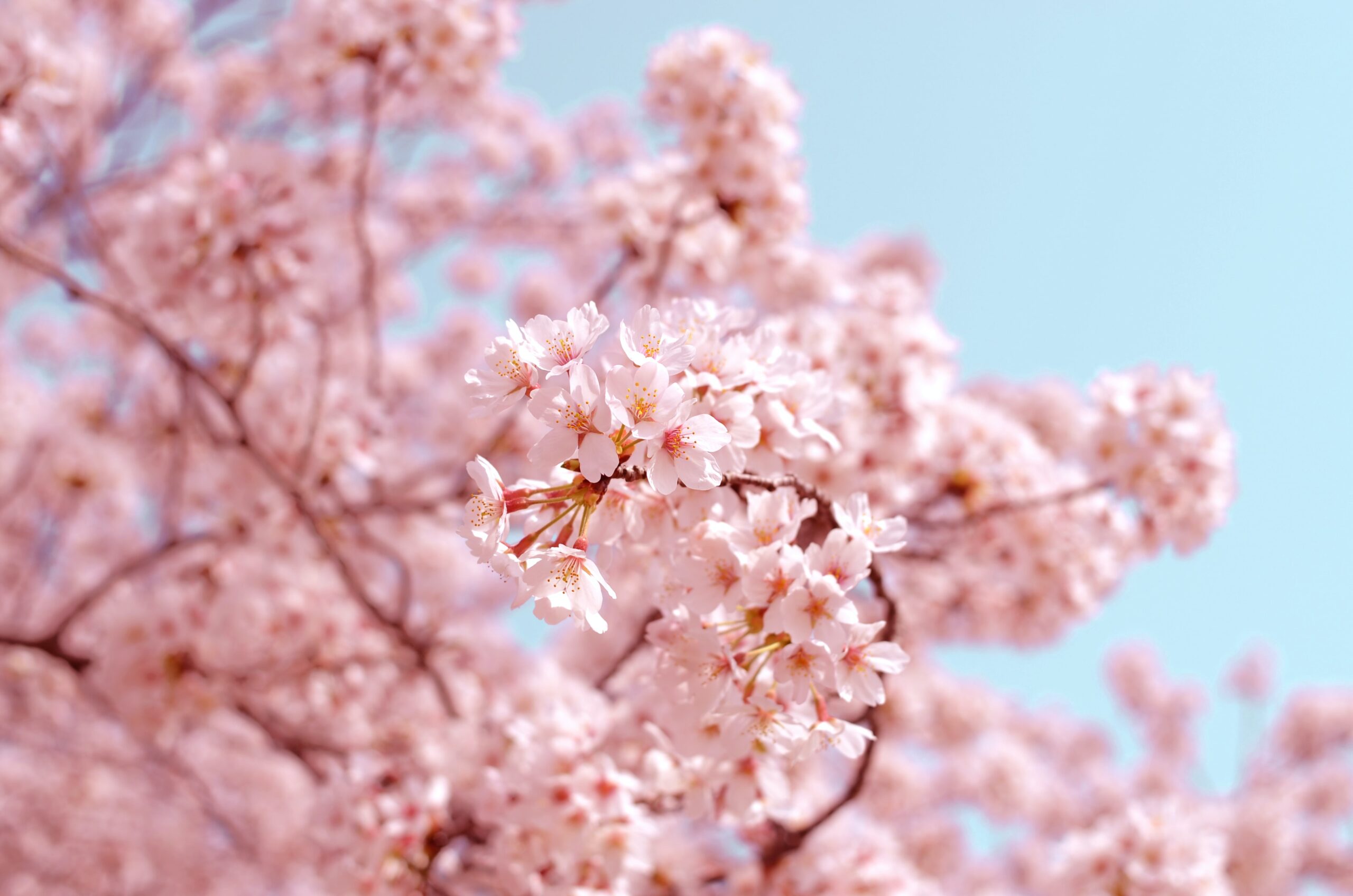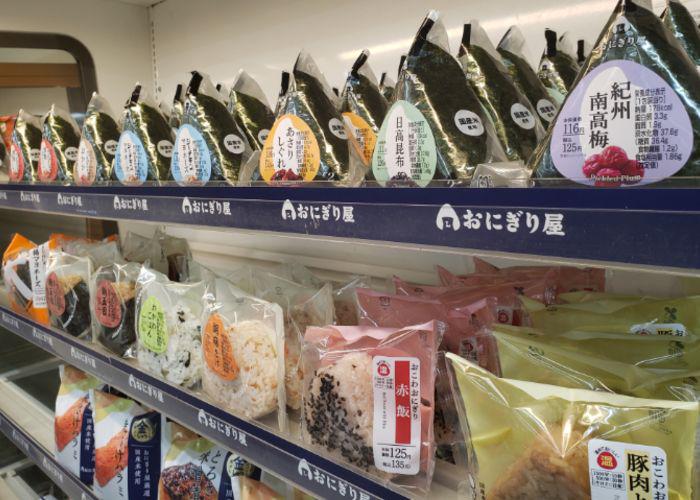 Marketing
Marketing
Sustainability in Japan: How Japanese Brands are Promoting ‘Plastic…
By Melissa Francis
Here, we take a look at some local initiatives relating to the sustainability in Japan through the reduction of plastic waste in particular and how various brands are committing to becoming more plastic-free in Japan.

Sustainability in Japan: Why is plastic waste such a problem in Japan?
With the war on plastic in full swing and the G20 Summit having taken place in Osaka in 2019, discussions around climate change and energy have been on the lips of politicians, activists and corporations. But with the Coronavirus pandemic piling on the pressure to improve hygiene, how is Japan actually making progress in terms of addressing these concerns?
Despite the fact that 84% of Japan’s plastic waste is recycled, microplastics are becoming more of a pressing issue — the seas immediately surrounding the island contain 27 times more microplastics than the world average. Japan is also responsible for dishing out approximately 30 billion plastic shopping bags every year. And whilst Japan’s plastic recovery model has been held up as an example for other countries to follow, it’s clear that Japan still has a lot of work to do.
One key point is that from a cultural perspective, the Japanese place great emphasis on delivering high quality customer service and everyday convenience. This often means that single-use items such as bags, straws, food packaging and chopsticks get distributed on a regular basis to many customers. But many are criticizing this, asking whether it’s really necessary.
As of July 1st 2020, many Japanese retailers started charging for single-use plastic carrier bags, with some even putting in place small fees for recyclable paper versions in a bid to encourage greater uptake of reusable eco bags.
What efforts are being made to reverse the negative trends around Sustainability in Japan?
Convenience store initiatives to boost sustainability in Japan
With more than 57,900 locations across Japan, konbini (convenience stores) have the power to spur more widespread change when it comes to behaviour around plastic use. For instance, Lawson has run experiments to switch its iced coffee cups from plastic to paper-based, and FamilyMart is actively looking into ways to reduce the overall quantity of plastic packaging used to deliver its products.
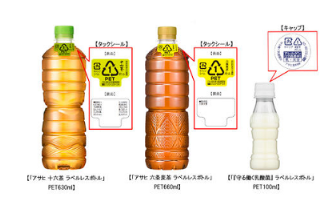
Bottles and bags
Major drinks company Asahi has vowed to boost sustainability in Japan by tackling waste plastic. This includes introducing label-free bottles for all their drinks that are packaged using plastic. Asahi has been known to lead by example when it comes to implementing gradual changes to packaging, especially since the early 2000s.
The company has incorporated plant-based materials and changed the weight of the plastic caps to be more eco-friendly. To promote the release of the label-free bottles, Asahi ran a promotional campaign on Twitter that offered 150 randomly selected customers a chance to win a case of 24 bottles if they tweeted using the hashtag #ラベルレスはじめました (I’ve started going label-free). This demonstrates that ramping up engagement via social media channels and running free giveaways can be effective.
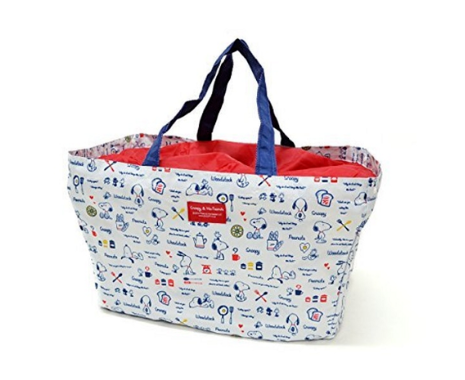
Fast Retailing Group, which runs popular global fashion brand UNIQLO, announced in July 2019 that they were aiming to reduce the number of plastic carrier bags in their stores by 85% by 2020, instead switching them to recyclable paper bags.
Reusable ‘eco bags’ (エコバッグ) have become mainstream across Japan as an alternative to carrier bags and although they aren’t made from biodegradable materials, they are seen as being both efficient and trendy at the same time. For instance, a product ranking website ‘my best’ offers a comprehensive run-down of the top 20 recommended ‘eco bags’ on the market. According to the author, a bag produced by La Marche in conjunction with licensed character goods company Kamio Japan. The bag features a Snoopy print and is considered to be the most ideal as it has the “perfect function and design, so everyone can be satisfied.”
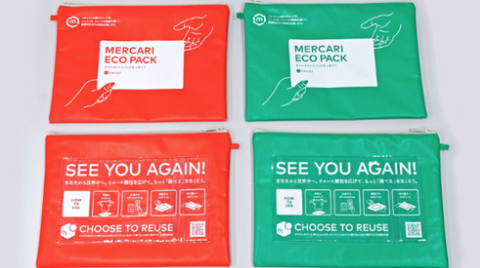
E-commerce platform Mercari also got ahead of the curve by launching an ‘eco pack’ in lieu of plastic wrapping and bags that can’t be recycled. This is a package for sellers to use when shipping items out to buyers, and for buyers to re-use when sending off their next sold listing. The packs are made from tarpaulin so they are water-resistant and significantly stronger compared with regular materials.
The company ran a campaign to give away 1,000 free eco packs to customers who purchased items from the store between 10th June and 31st July 2019. Ultimately, the branded packaging alternative is also another way to encourage users to continue buying and selling through Mercari’s service.
Straws
There’s also been a strong focus on presenting alternatives to single-use plastic drinking straws. One of the main beverage trends in Japan is tapioca-based drinks such as bubble tea. These require wide straws to be able to consume the tapioca ‘pearls’ and are typically made from plastic. Rather than paper straws, as are increasingly being offered in the west, Japanese food and drink chains are opting for straws made from bamboo.
Watami, a restaurant chain with 61 locations within Japan and more than 600 across Asia, is introducing naturally-processed bamboo straws that can be returned to their original environment after use, unlike plastic which ends up getting incinerated as ‘burnable waste’. Manufacturers like Amica Terra, and BALIISM are two of the key suppliers of bamboo straws that have been mentioned in the Japanese press recently.
When Japanese consumers own something that has a sense of permanence to it, often there is a prefix of ‘my’ attached to it as a way of indicating that it is unique to them. Usually, this would be something more substantial like ‘my car’ or ‘my house’, but increasingly this format is also being applied to smaller multi-use items, such as マイ箸 (mai hashi — ‘my chopsticks’).
Likewise, the surge in popularity of reusable straws has given rise to the expression マイストロー (‘my straw’). There is a common perception that using one’s own utensils not only helps to reduce unnecessary plastic waste, but also enables the user to avoid the unpleasant taste that often accompanies plastic.
Alternative ways to boost sustainability in Japan, tackle waste and go plastic-free
Originally discovered in a Japanese recycling centre, a new substance called PETase has been created which naturally digests PET plastic to make recycling it easier. Scientists in the US are working to make PETase effective for use on a global scale.
Currently there are many elderly people living in Japan and a large proportion of them wear plastic diapers for incontinence and other such ailments. 340,000 tonnes of diapers were produced in 2016 and this volume is only increasing as diapers see alternative uses such as within the pet care category. Recycling technology has now advanced to the stage where the used diapers can be ground up into pulp and re-fashioned into hygienic fresh ones. A company called Total Care System in Fukuoka has developed this process and can currently recycle up to 20 tonnes per day.
What are people saying about going plastic-free to aid sustainability in Japan?
Many of the products catching the attention of Japanese media outlets are created by international brands, such as the Kickstarter-backed KNORK Eco cutlery. There is, however, a clear focus from a Japanese perspective on the products being both functional and stylish. Bamboo is currently the material of choice as a substitute for plastic items, especially those used for eating/drinking. There are a growing number of online blogs and shops dedicated to raising awareness of plastic-related issues in Japan, such as No Plastic Japan and Less Plastic Life. These feature discussions around personal experience, government policy and news articles on the topic.
How can brands get involved in creating improved sustainability in Japan by communicating the benefits of going plastic-free?
As we saw in the Snoopy Eco Bag example, ‘ranking’ type lists are popular in Japan as a way to help consumers make purchase decisions, and this can extend to absolutely any type of product. When organisations are looking to educate the general Japanese public on a social issue that requires behavioural change, it can be helpful to provide relatable examples as well as solid advice from trusted experts. It would also be beneficial to appeal to the collective way of thinking and let everyone know how they can make small, manageable contributions to the cause without changing their lifestyles too much.
Interested in sustainability in Japan? If you’re looking for information on a similar topic, check out our article on convenience store trends in Japan.
Contact us if you’re interested in learning how to align your communications with sustainability in Japan.


